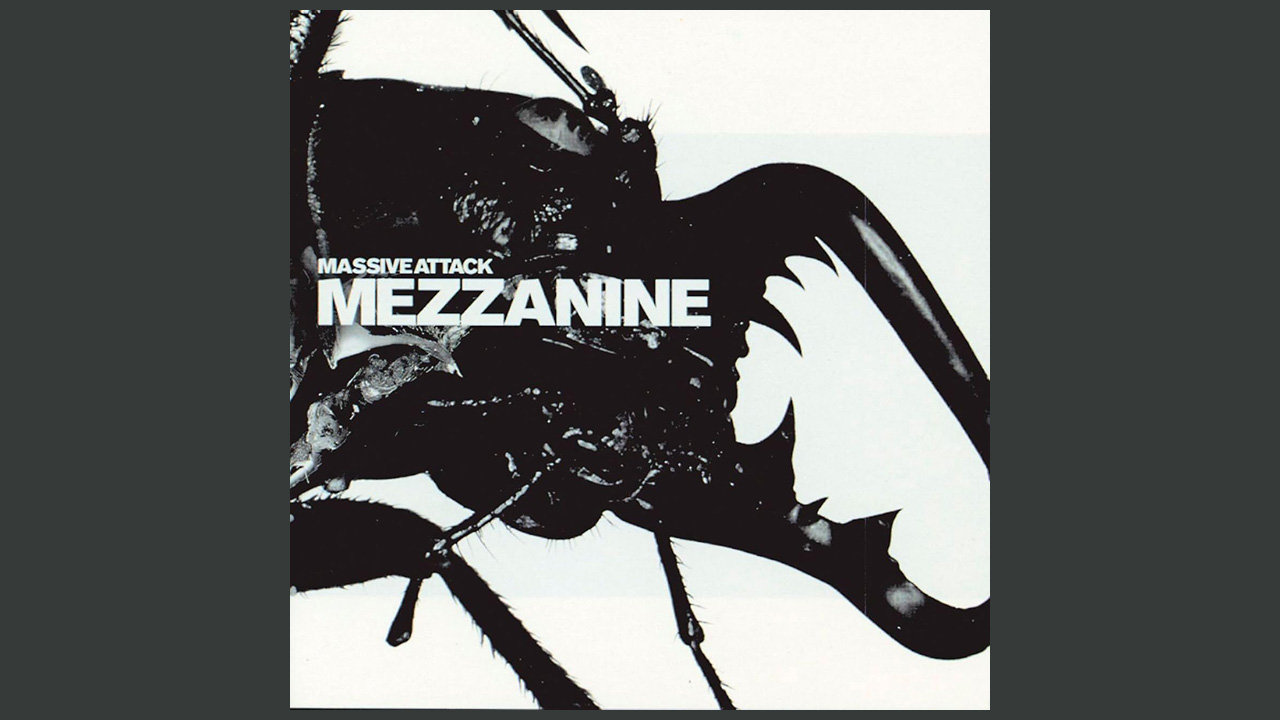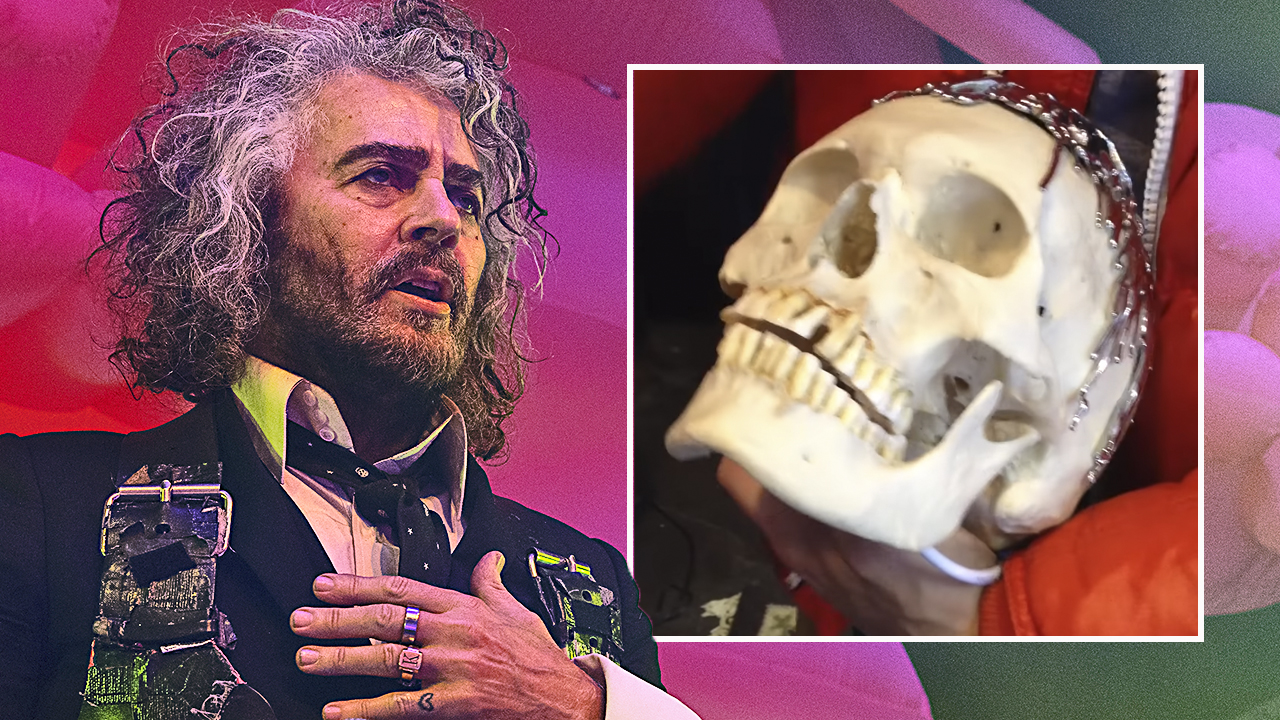“These songs owe more to rhythmic, krautrock mood-makers and post-rock and drone exponents as any early hip-hop influence… it’s not background music for middle class dinner parties”: The prog credentials of Massive Attack’s Mezzanine

By the time they released their third album, Massive Attack had already established themselves over the preceding decade as originators of what was swiftly dubbed – by the press, but not necessarily by the band – trip-hop.
Their shaping of hip-hop, jazz, classical, dance, dub, samples and soundtracks into new forms on 1991 debut Blue Lines spawned a new sound that would define the decade. Massive Attack’s spliff-slow tempos and dark musical undercurrents would also permeate the worlds of film, TV and advertising while spawning fellow Bristol-based collaborators Tricky and Portishead along the way.
The band had already referenced the conceptual album approach of artists as diverse as Pink Floyd and Public Image Limited as starting points; but it was on Mezzanine that Robert ‘3D’ Del Naja, Grant ‘Daddy G’ Marshall and Andy ‘Mushroom’ Vowles truly pushed forward into progressive waters. On Mezzanine atmospherics and angst are Massive Attack’s business – and business is good.
The creeping paranoia and tenebrous sense of asphyxiation on opener Angel sets the tone for an album that journeys deep into internal hinterlands, while arguably the album cornerstone’s Teardrop features Cocteau Twins’ Liz Fraser on vocals. It’s a perfect pairing, Fraser having previously lent her vocals to an atmospheric version of Tim Buckley’s Song To The Siren on 4AD Records’ This Mortal Coil collaborative project.
Elsewhere, Massive Attack look to the monochromatic end of the rock scale for samples – The Velvet Underground, The Cure and on bonus track Superpredators, Siouxsie And The Banshees’ metallic and automated-sounding Metal Postcard. But the trio use their source material sparingly, samples there to augment rather than base a song upon.
The key word throughout is tension – Inertia Creeps just one small step away from a panic attack. Sonically these songs owe more to rhythmic, krautrock mood-makers such as Amon Düül II, Neu! and post-rock and drone exponents as any early hip-hop influence.
So while Mezzanine is clearly not an out-and-out prog record in the traditional sense – it’s possibly too minimal for that – it does stand shoulder-to-shoulder alongside some of contemporary prog’s darkest and most textured works, its influence evident in the work of everyone from Steven Wilson, BEAK>, Burial and Anathema and on to Radiohead, Dream Theater and Katatonia.
Sign up below to get the latest from Prog, plus exclusive special offers, direct to your inbox!
Its creation was a difficult one and saw the departure of Mushroom upon its completion. It also freaked the shit out of those who thought Massive Attack – like Portishead – merely made background music for middle class dinner parties. Which was good, obviously.
